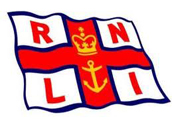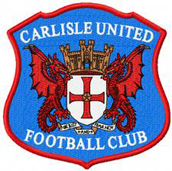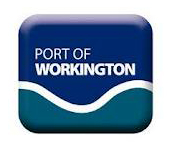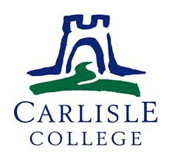- Home
- Scarrows
- Mariners
- Cumberland
- Miscellaneous
Valparaiso, Chile
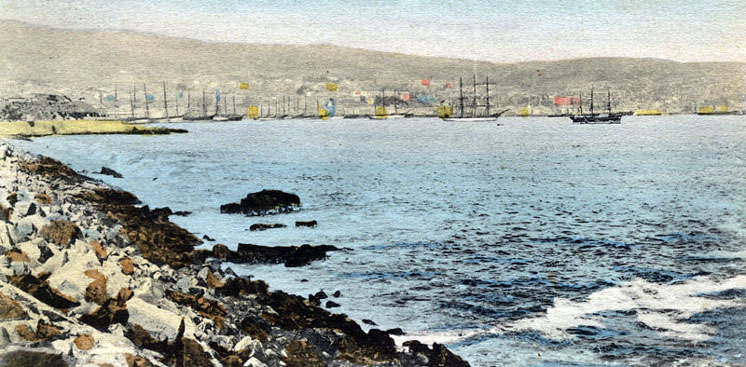
Valparaiso Bay circa 1900
History
A lieutenant from Diego de Almagro's expedition, whose troops met a supply ship from Peru in what is now known as the Bahia de Valparaiso, founded the city in 1536. Despite Pedro de Valdivia's designation of the bay as the port of Santiago, and the building of some churches, more than 250 years passed before the Spanish crown established a cabildo here, in 1791. In 1802 Valparaiso, became a city.
Spanish mercantilism retarded Valparaiso's growth in Colonial times but, after independence, foreign merchants quickly established their presence. One visitor in 1822 remarks that Englishmen and North Americans so dominated the city that, apart from the mean and dirty appearance of the place, a stranger might almost believe himself to have arrived at a British settlement.
Below is a letter written by Thomas Scarrow to his mother in 1857:
Dear Mother We arrived here on the 12th inst all well after a passage of 53 days. We had rather a dirty passage and I am sorry to tell you that we lost a man overboard and was drowned. I hope my father will be back again all safe and perhaps off again by this time. The 'Jo' was here when we arrived, but she sailed on Friday for Coquimbo for a cargo of Guana. I have been Cabin Boy since we left Honolulu as the steward ran away the day we sailed. The Captain said that I had to be in the cabin there and then some of the other. Tell Jane that I think I could beat her making pie crusts which I thought was a hard job at one time and many other things that I thought I could never do. We will leave here tomorrow for three places along the coast. First at a place called Hawaska and then at Saltaid and at Caldara to load copper and silver ores for Swansea, Wales, and fill up with wool. So the Captain thinks we will be back at Liverpool time enough to go to Honolulu again. I think we will be home by the 1st of June. There is not much trade to be done in the places we are going to. I think we will spend our Christmas there. Valparaiso is about the same climate as England. It is summer here now. There is about 100 vessels here, there is a fine English Man of War in here named The 'Monarch' and two Chilians. There is one of our men run away and we have got two others. We have all been keeping our log since we left Honolulu. We were at church last Sunday. They just read the same prayers that they do at home. I will miss winter this time in England so it will make up for the two this year. There are a good many Europeans here. The natives are not as dark as the Canacas, not as civilised, they are all Roman Catholics. The Captain was up at the burying place. He says they just cover their body, their face and feet are not covered at all. And the Protestants they would not bury them at all until the Admiral of the English Man of War made them. They don't bury them as they do in England, they throw them down a big hole. Valparaiso is not quite as big as Whitehaven, but there is some very fine shops and stores. The town is all lighted with gas. The sea agrees with me very well, and so does the cabin for I put my Sunday clothes on today and my jacket I can't get it on, my waistcoat would not meet by two inches and my trousers comes off by my knees, so I think if I grow any more I can't get any of my clothes on at all. You can write unto Swansea but it will be no use writing here. I don't know what the directions his last …………………Mrs Frazer will know, we will very likely be deep laden but perhaps that will be better for she will not be so crank. She sails very well, she has made the two quickest passages from Liverpool to Honolulu, and Honolulu to here for sailing ships. It will take us about three days to go to Hawaska. There is only two houses there, we will have to carry labourers from here with us to get the Ores. There is scarce a blade of grass to be seen and no water but Caldara is a nice little town where you can get plenty of water. I hope my grandfather will have had fine weather for getting his crop in. Give my kind love unto my father. To them all at the Park at Workington, Dowy Street, and all enquiring friends. To Jane, Mary and George, hoping they will find all well as it leaves us all at present, and receive the same yourself. From your affectionate son Thomas Scarrow A Merry Christmas and Happy New Year to you all |
Valparaiso's population at independence was barely 5,000 but the demand for Chilean wheat, brought on by the California Gold Rush, prompted such a boom that, shortly after 1850, the city's population was about 55,000. Completion of the railroad from Santiago was a further boost and, by 1880, the population exceeded 100,000.
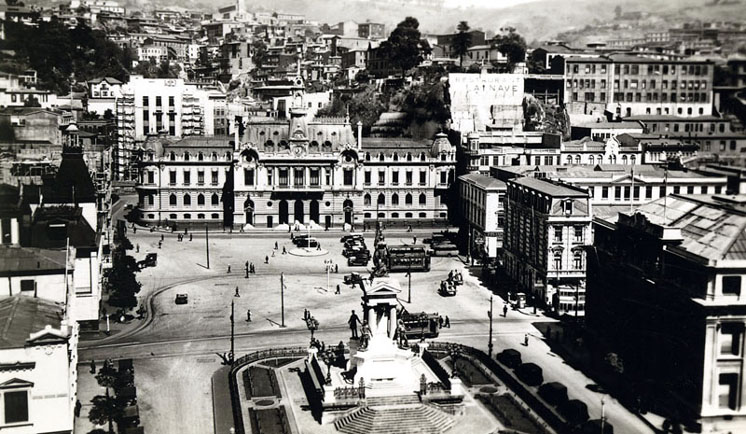
Valparaiso Main Square, late 19th Century
The opening of the Panama Canal was a notable blow to Valparaiso's economy, as European shipping now try to avoid the much longer, and more arduous, Cape Horn route. Furthermore, Chilean exports of mineral nitrates declined as the Europeans found synthetic substitutes, indirectly affecting Valparaiso by further reducing maritime commerce in the region.
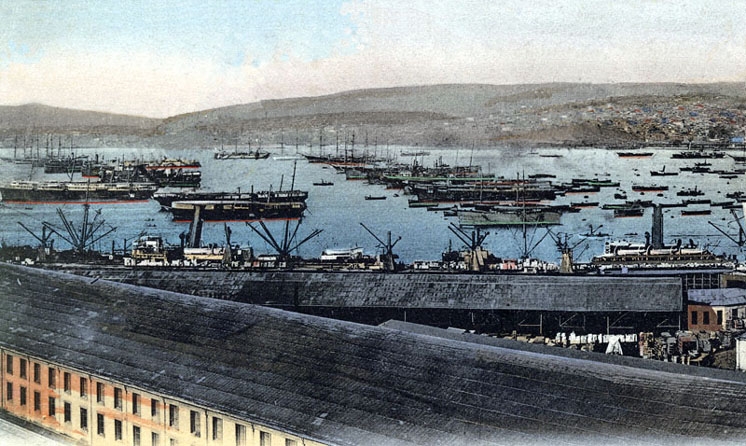
Valparaiso Harbour, circa 1900
The Great Depression was a calamity, as demand for Chile's other mineral exports declined. Not until after World War II was there significant recovery, as the country began to industrialize.
Imports
| Goods | Place of Origin |
|---|---|
| Machinery | Britain |
Exports
| Goods | Destination |
|---|---|
| Copper | Britain |
| Meat | Britain |
| Nitrates | Britain |
| Kaolin | Britain |
| Salt | Britain |
Industry
| Port Industries | Other Industries |
|---|---|
| Ship repairs | Banking |
Scarrow Associations
| Scarrow | Period |
|---|---|
| Thomas Scarrow | 1957, 1863 |

